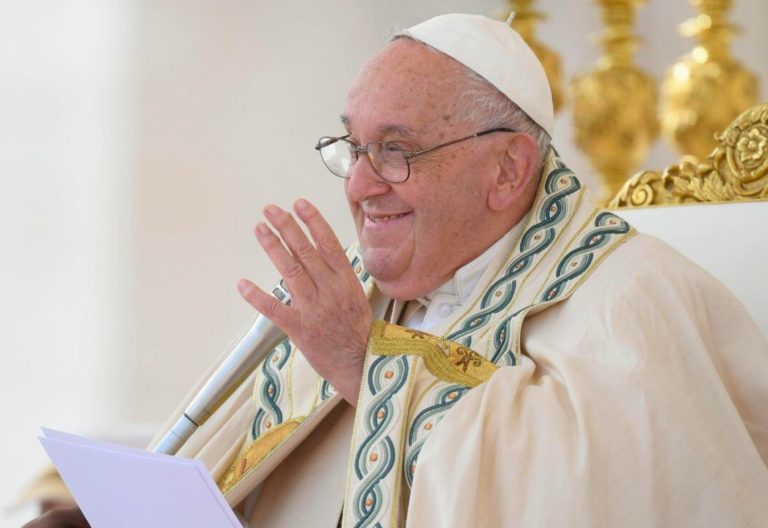Lessons from late Pope Francis for voters

The passing of Pope Francis leaves the world mourning for the departure of a beacon of humility, selflessness and moral courage.
Throughout his papacy, Francis distinguished himself not by grandiosity or political calculation, but by a relentless commitment to serve the least among us, to champion integrity and to reject the trappings of power for its own sake.
His life offers a profound lesson for Kenyans as the nation looks ahead to the 2027 elections.
It is easy and convenient to blame politicians for the sorry state of governance. We lament rampant corruption, mismanagement and the staggering inequalities that continue to blight our society.
Yet, the truth must be stated plainly that Kenyans themselves bear a heavy share of the blame.
Time and again, we have elected leaders not on the basis of character or competence, but due to tribal affiliations, short-term handouts and emotional populism.
We have turned a blind eye to glaring flaws, excusing them in the name of loyalty or familiarity, and in doing so, we have compromised the future of our children.
Pope Francis would have called us to a higher standard. His leadership was defined not by self-interest, but by a radical commitment to service.
He reminded the world that leadership is a moral vocation, not an avenue for personal enrichment.
Imagine if Kenyans approached their civic duty with the same seriousness, viewing the vote not as a weapon of tribal warfare but as a sacred trust to be exercised in pursuit of the common good.
The electorate must understand that bad leaders are chosen. They are voted into office by citizens who either fail to do their homework or who willingly ignore the warning signs. It is not enough to complain after the fact.
The hard work must be done before the ballot is cast by scrutinising candidates’ records, questioning their integrity, evaluating their ideas and asking whether they are motivated by service or by greed.
Elections must no longer be treated as popularity contests, but as solemn moments that determine the destiny of future generations.
Moreover, ethical leadership does not emerge from a vacuum. It requires an electorate that values honesty over theatrics, vision over empty slogans and humility over swagger.
If we continue to reward those who promise the most but deliver the least, or those who stoke division rather than foster unity, we will have ourselves to blame.
Kenyans must also learn that governance is not an event but a continuous process. Voting is only the beginning.
Citizens must remain engaged after elections, holding leaders accountable and demanding transparency and performance. Pope Francis taught us the value of persistence in fighting for justice and compassion even when the odds are long.
In the same spirit, Kenyans must cultivate a culture where leaders know that they are under constant scrutiny and that mediocrity and impunity will not be tolerated.
Our political choices must also be informed by a broader sense of solidarity. A leader who exploits divisions, pits communities against one another, or enriches a small elite at the expense of the many, is not worthy of office.
The writer is a PhD student in International Relations











